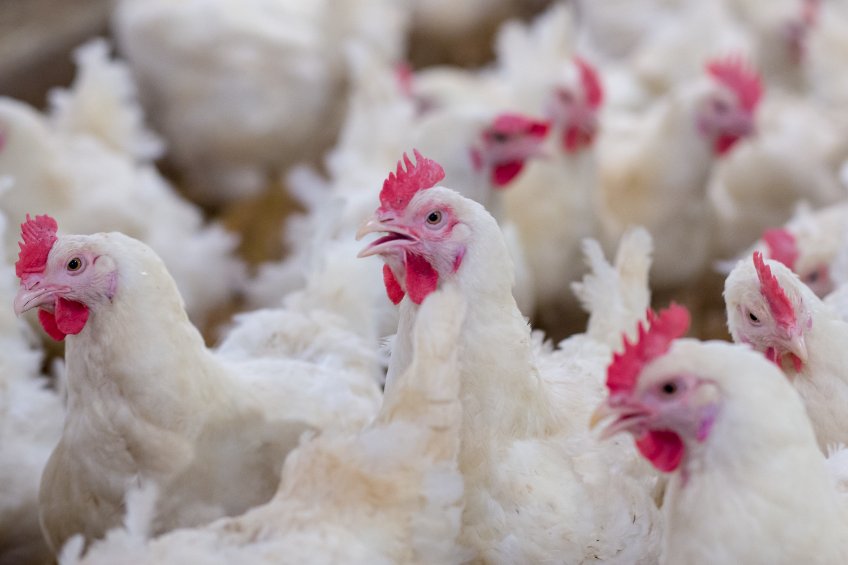
Farmers and bird keepers in Wales are being reminded that a mandatory housing order to combat avian influenza come into force tomorrow.
Last week, the Welsh government announced the stricter rules as surveillance of bird flu suggests a heightened risk of disease over the winter months.
From tomorrow, all poultry farmers and keepers must keep their birds indoors or otherwise separated from wild birds.
Farmers and keepers will also be required to complete and act upon a bespoke biosecurity review of the premises where birds are kept.
This is to minimise the risk of virus entry in bird houses, which usually results in high mortality.
The steps, to be rolled out on Friday (2 December), build on measures introduced in October through the Wales Avian Influenza Prevention Zone.
Over 160 cases of highly pathogenic bird flu have been detected in the UK since October 2021, leading to the culling of 3.2 million birds.
In England, all poultry and captive birds have been housed indoors since 7 November.
And In Northern Ireland, a housing order has been in effect since 28 November.
Interim Deputy Chief Veterinary Officer for Wales, Gosia Siwonia admitted it was a 'difficult time' for Welsh bird keepers and the poultry sector.
“We have taken this action to ensure extra protection for birds as data suggests a westward spread of avian influenza to Wales in the coming months," she said.
“Housing is effective in protecting birds against avian influenza, but only if accompanied by rigorous biosecurity to keep the virus out of bird houses.
"The biosecurity checklist will be key to this which is why we have made it compulsory for all keepers."
She added: “We must continue to do all we can together to protect birds and these additional measures will build on the efforts which have already been made.”
NFU Cymru poultry chairman, Richard Williams said that everyone connected with the Welsh poultry industry was 'extremely concerned' at the situation.
“I make no apologies for repeating the important message that all poultry members must continue to practise enhanced biosecurity at all times and to be vigilant for any signs of disease in their flock.
"I would also ask members of the public who keep smaller flocks of birds such as chickens, geese and ducks to also follow the Welsh government’s biosecurity advice.
"All bird keepers – whether they be larger commercial businesses or those with small ‘backyard’ flocks - have an important part to play in reducing the risk of AI.”
